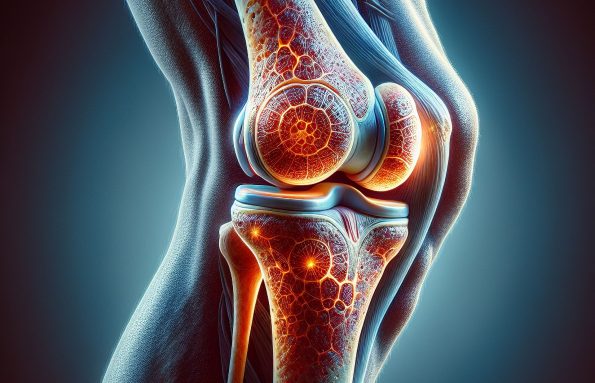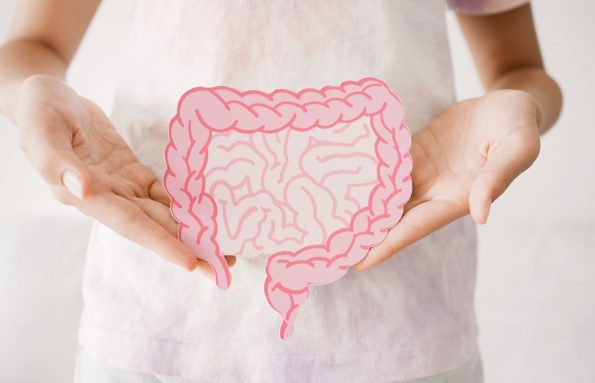If you’ve ever had digestive problems, you’ve probably heard the acronyms
ibs and ibd used just about everywhere: from your doctor’s office to personal woes on social media. As both terms sound similar, there’s often confusion surrounding the differences between the two disorders – and that’s exactly what we’ll be exploring in more detail.
The basics: the biological difference
First, let’s start with IBD –
Inflammatory bowel disease refers to a group of autoimmune disorders that cause inflammation in the digestive tract. The two main types of IBD are Crohn’s disease and ulcerative colitis, and unlike your usual stomach issues, this condition is chronic; it’s persistent, recurring and can severely interfere with daily life. Symptoms of IBD can include abdominal pain, diarrhea, weight loss and rectal bleeding.
Unlike IBD,
Irritable bowel syndrome is a functional disorder, meaning it affects the way the digestive system
works, but it doesn’t cause any structural damage. Symptoms of IBS can include abdominal pain, bloating, diarrhea and constipation. You’ll probably hear about IBS more often than IBD, given that it’s a fairly common condition – affecting about 5 – 10% of the global population.
Different causes – or potential causes
The cause is also a significant difference between the two conditions. IBD is caused by inflammation in the digestive tract, while the
exact cause of IBS isn’t fully understood – research suggests that a combination of factors, including genetics, gut bacteria and environmental triggers, could play a role in the development of IBS.
The treatment: medicinal vs. management
A major difference between
ibs and ibd is that IBD requires medical treatment, while IBS can often be managed through lifestyle and dietary changes. IBD is a persistent condition that requires ongoing care to reduce symptoms and prevent complications. IBS, on the other hand, can often be managed through changes to diet, exercise and stress relief techniques. However, this isn’t to say that IBS can’t be serious – severity can vary from mild inconvenience to debilitating. Treatment for IBS can be complex given its unclear cause, but lifestyle changes are often the first line of intervention.
So, to sum it up: while
ibs and ibd are both digestive disorders, they have
different causes, symptoms and
treatment approaches. If you’re dealing with digestive issues, it’s essential to speak with a healthcare professional to figure out the exact cause and to receive the right treatment – getting the appropriate care is the first step on the journey to greater gut health.






